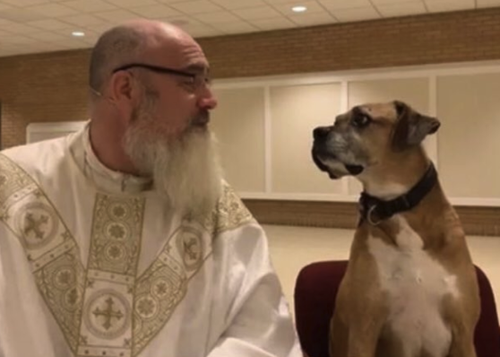It takes lots of praying, preaching and singing to mourn a president of the Church of Jesus Christ of Latter-day Saints, a man called Prophet, Seer and Revelator by his global flock.
That was certainly true at President Spencer W. Kimball's funeral in 1985. So when one of the church's most powerful women rose to speak, the leader of its vast Relief Society projects, she simply shared a cherished private memory that pointed far beyond the grave.
While visiting Colorado, recalled the late Barbara B. Smith, "I asked President Kimball a searching question. 'When you create a world of your own, what will you have in it?' He looked around those mountains. ... Then he said, 'I'll have everything just like this world because I love this world and everything in it.' "
She also recalled this Kimball quote urging Latter-day Saints to help those in need: "What is our greatest potential? Is it not to achieve godhood ourselves? Perhaps the most essential godlike quality is compassion."
It was already rare, at that time, to hear such an explicit public reference to the faith's doctrine of "exaltation," the belief that through piety and good works truly devout Mormons can rise to godhood and even create new worlds.
While this doctrine has caused tensions with other faiths, it has been a key source for the Mormon emphasis on marriage and family. As a mid-1980s text for converts stated: "Parenthood is ... an apprenticeship for godhood."
Now, church leaders have published an online essay – "Becoming Like God" – in which they have attempted to reframe this doctrine, in part by mixing the unique revelations of Mormon founder Joseph Smith with New Testament references and selected quotes from the writings of early-church saints such as Irenaeus, Justin Martyr and Basil the Great.
The essay repeatedly refers to Mormons becoming "like" God, rather than becoming gods and uses the term "godliness" many times, and "godhood" only once.
It also notes that Latter-day saints have endured mass-media efforts to turn this doctrine into a "cartoonish image of people receiving their own planets." After all, the showstopper "I Believe" in the rowdy Broadway musical "The Book of Mormon" proclaims: "I believe; that God has a plan for all of us. I believe; that plan involves me getting my own planet. ... I believe; that God lives on a planet called Kolob. I believe; that Jesus has his own planet as well. ... Oh, I believe!"
Nevertheless, the online essay does note that Smith did tell his followers: "You have to learn how to be a god yourself." It also bluntly asks a question frequently posed by critics of the church: "Does belief in exaltation make Latter-day Saints polytheists?"
The essay responds: "For some observers, the doctrine that humans should strive for godliness may evoke images of ancient pantheons with competing deities. Such images are incompatible with Latter-day Saint doctrine. Latter-day Saints believe that God's children will always worship Him. Our progression will never change His identity as our Father and our God. Indeed, our exalted, eternal relationship with Him will be part of the 'fullness of joy' He desires for us."
The problem, according to poet and blogger Holly Welker, is that this downplays images Mormons have for generations used to describe their faith. She noted, for example, that the essay edited a key passage from Mormon scripture to avoid powerful words linked to these beliefs.
Doctrine and Covenants proclaims: "Then shall they be gods, because they have no end; therefore shall they be from everlasting to everlasting, because they continue; then shall they be above all, because all things are subject unto them. Then shall they be gods, because they have all power, and the angels are subject unto them."
That doesn't sound like a metaphor, argued the former Mormon, writing at the University of Southern California's "Religion Dispatches" website.
"Having our own planets," she said, is "absolutely a matter-of-fact way Latter-day Saints have discussed this doctrine amongst ourselves, probably because of statements like this one from Brigham Young: 'All those who are counted worthy to be exalted and to become Gods, even the sons of Gods, will go forth and have earths and worlds like those who framed this and millions on millions of others.' ...
"The essay actually deflects rather than answers this question: So, can we get our own planets, or not?"








